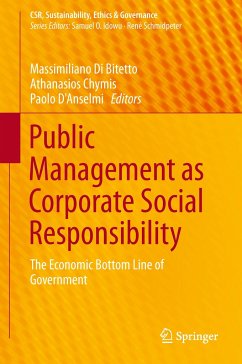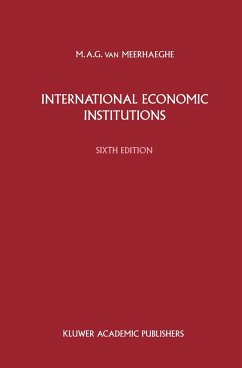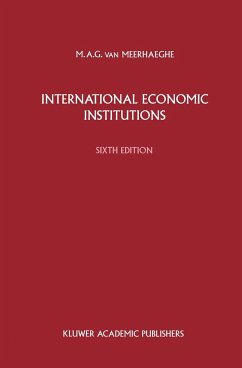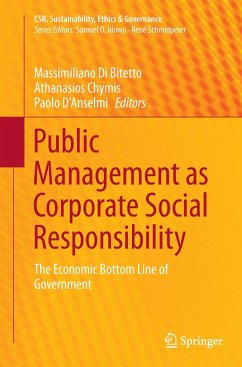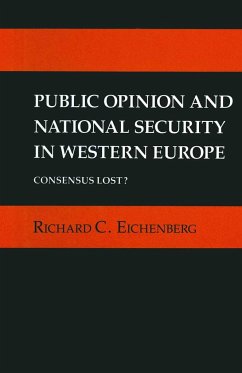
Security Privatization
How Non-security-related Private Businesses Shape Security Governance
Herausgegeben: Bures, Oldrich; Carrapico, Helena

PAYBACK Punkte
61 °P sammeln!
This book widens the current debate on security privatization by examining how and why an increasing number of private actors beyond private military and security companies (PMSCs) have come to perform various security related functions. While PMSCs provide security for profit, most other private sector stakeholders make a profit by selling goods and services that were not originally connected with security in the traditional sense. However, due to the continuous introduction of new legal and technical regulations by public authorities, many non-security-related private businesses now have to ...
This book widens the current debate on security privatization by examining how and why an increasing number of private actors beyond private military and security companies (PMSCs) have come to perform various security related functions. While PMSCs provide security for profit, most other private sector stakeholders make a profit by selling goods and services that were not originally connected with security in the traditional sense. However, due to the continuous introduction of new legal and technical regulations by public authorities, many non-security-related private businesses now have to perform at least some security functions.
This volume offers new insights into security practices of non-security-related private businesses and their impact on security governance. The contributions extend beyond the conceptual and theoretical arguments in the existing body of literature to offer a range of original case studies on the specific roles of non-security-related private companies of all sizes, from all areas of business and from different geographic regions.
This volume offers new insights into security practices of non-security-related private businesses and their impact on security governance. The contributions extend beyond the conceptual and theoretical arguments in the existing body of literature to offer a range of original case studies on the specific roles of non-security-related private companies of all sizes, from all areas of business and from different geographic regions.



